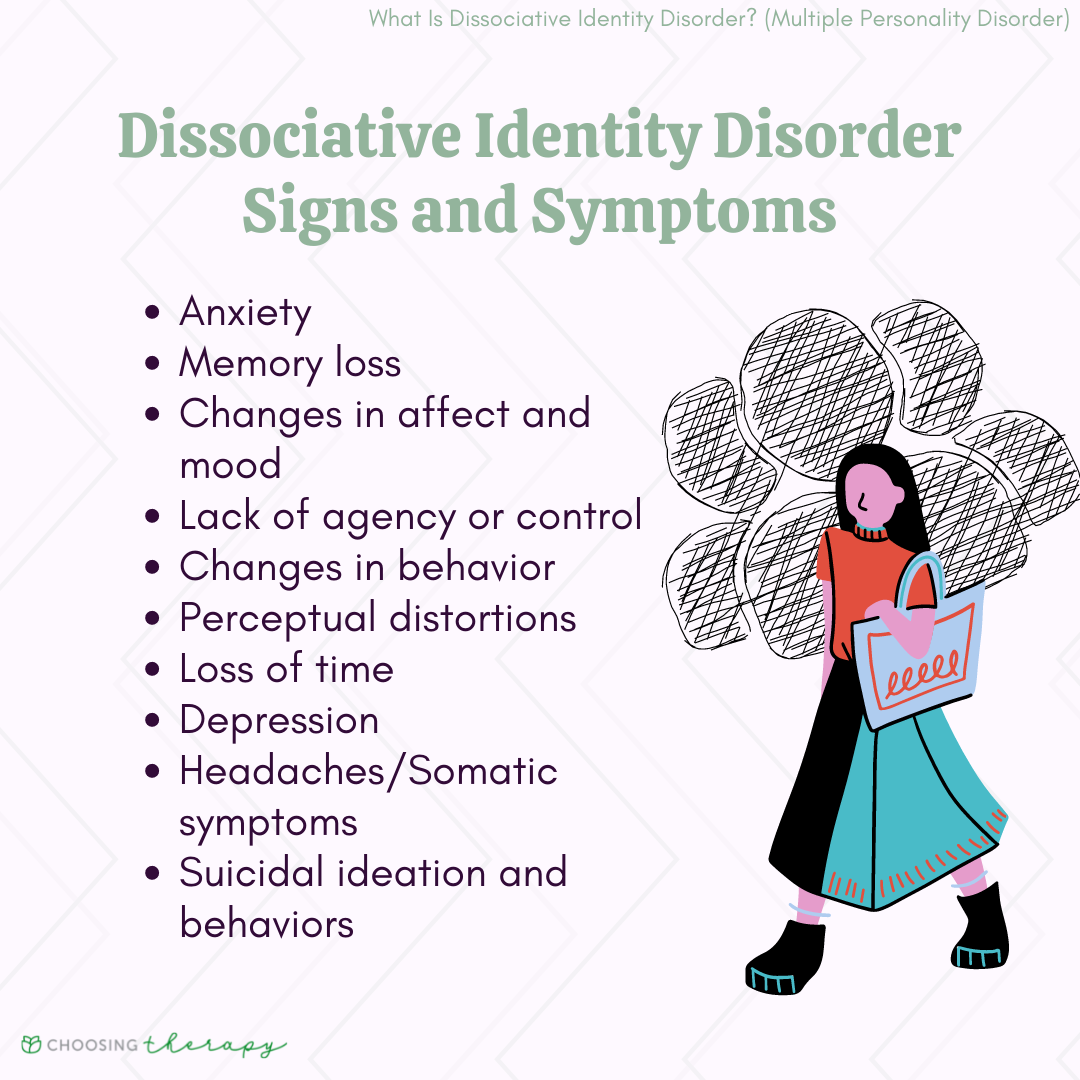The death of Elvis Presley, one of the most iconic figures in music history, is a topic that has been extensively discussed and debated. On August 16, 1977, Elvis Presley was found unresponsive in his bathroom at his Memphis home, Graceland, by his girlfriend, Ginger Alden. Despite attempts to revive him, Elvis was pronounced dead at Baptist Memorial Hospital at 3:30 pm. The official cause of death was determined to be a heart attack, but the circumstances surrounding his demise are more complex.
Elvis’s health had been declining for several years prior to his death. He had become increasingly dependent on prescription medications, including painkillers, sedatives, and stimulants, which were prescribed by his doctor, George Nichopoulos. This cocktail of drugs, combined with his poor diet and lack of exercise, took a significant toll on his physical and mental health. Elvis had also struggled with weight gain, high blood pressure, and an enlarged heart, all of which increased his risk of cardiovascular disease.
The autopsy report revealed that Elvis’s heart was significantly enlarged, weighing 820 grams, compared to the average male heart, which weighs around 300-400 grams. The report also showed that his coronary arteries were 75% blocked, which would have severely limited blood flow to his heart. Additionally, the toxicology report found high levels of codeine, morphine, and other prescription medications in his system, which likely contributed to his death.
However, the exact circumstances of Elvis’s death remain somewhat mysterious. There are conflicting reports about the events leading up to his death, and some have raised questions about the role of his doctor and the medical care he received. Some have speculated that Elvis’s death may have been the result of an accidental overdose or a deliberate attempt to end his life. Despite numerous investigations and theories, the truth about Elvis’s death may never be fully known.
In the years following Elvis’s death, there have been numerous tributes and memorials to his legacy. Graceland, his former home, has become a museum and a pilgrimage site for fans from around the world. Elvis’s music continues to be celebrated and enjoyed by new generations of fans, and his impact on popular culture remains unparalleled.
Despite the controversy surrounding his death, Elvis Presley’s legacy continues to endure. His music, style, and charisma have inspired countless artists and fans, and his impact on popular culture remains significant. As we reflect on the circumstances surrounding his death, it’s essential to remember the immense contribution he made to the world of music and beyond.
Elvis’s Struggle with Addiction
Elvis’s struggles with addiction are well-documented, and it’s clear that his dependence on prescription medications played a significant role in his death. In the 1970s, there was limited understanding of addiction and its treatment, and Elvis’s doctor, George Nichopoulos, has faced criticism for his liberal prescription practices.
What was the official cause of Elvis Presley's death?
+The official cause of Elvis Presley's death was a heart attack, but the circumstances surrounding his demise are more complex, involving a combination of factors including prescription medication use, poor diet, and lack of exercise.
What role did prescription medications play in Elvis's death?
+Prescription medications, including painkillers, sedatives, and stimulants, likely contributed to Elvis's death. The toxicology report found high levels of codeine, morphine, and other prescription medications in his system.
What is the current understanding of addiction, and how has it evolved since Elvis's time?
+Our understanding of addiction has significantly evolved since Elvis's time. We now recognize addiction as a chronic disease, rather than a moral failing, and treatment approaches have become more comprehensive, incorporating behavioral therapies, medication-assisted treatment, and support groups.
In conclusion, Elvis Presley’s death was a tragic event that highlights the dangers of prescription medication misuse and the importance of seeking help for addiction. As we continue to celebrate his life and legacy, it’s essential to remember the valuable lessons that can be learned from his struggles and to prioritize our own health and well-being.
In the end, Elvis Presley’s legacy extends far beyond his music; it serves as a reminder of the human experience, with all its triumphs and struggles. As we reflect on his life and death, we are reminded of the importance of living a balanced and healthy lifestyle, seeking help when needed, and appreciating the precious gift of life.


